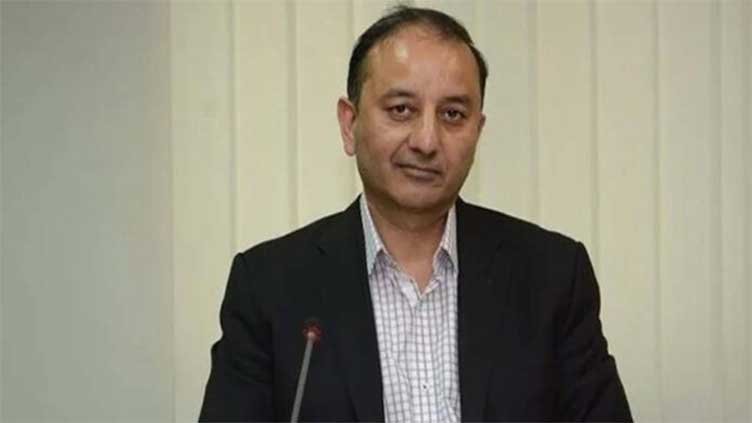
Musadik Malik’s Remarks Ignite Debate on Climate and Inequality
Floods as a Mirror of Social Divide
Senator Musadik Malik’s recent remarks on the devastation caused by floods in Pakistan have triggered a nationwide debate about the link between climate disasters and entrenched inequality. While highlighting the recurring floods that displace millions, he drew attention to how land use along riverbanks reflects the divide between the powerful and the marginalized. His comments come at a time when climate-related disasters are not only environmental challenges but also social and political issues.
Elite Control of Vulnerable Riverbanks
In his statement, Senator Malik pointedly criticized the elite culture that dominates ownership and construction in flood-prone areas. “There is no poor man’s hotel on the riverbank — only resorts of the powerful,” he observed. The remark captures how resorts, guest houses, and private properties belonging to influential groups often occupy high-risk zones. These developments disrupt natural waterways and increase flood intensity, while vulnerable communities with no say in land use bear the brunt of destruction.
Disproportionate Impact on the Poor
The senator’s words underscore the reality that the poor are often the most affected during natural disasters, despite having little to do with the underlying causes. Families living in low-lying rural areas or informal settlements face devastating losses of homes, crops, and livelihoods when floods strike. Unlike the wealthy, they lack resources for evacuation, recovery, or relocation. This dynamic highlights how climate disasters in Pakistan magnify existing inequalities, turning environmental risks into crises of survival for the marginalized.
Climate Justice and Accountability
Malik’s remarks have also reignited discussion around the concept of climate justice in Pakistan. Climate justice demands that those who contribute most to environmental degradation — often the wealthy and powerful — take responsibility for the consequences, rather than shifting the burden onto vulnerable populations. By pointing out the privileged occupation of riverbanks, the senator brings focus to accountability in land management and policymaking. The issue is not only about flood control but also about fairness in how risks and protections are distributed.
A Growing Public Frustration
The public response to Malik’s statement reflects a growing frustration with the role of privilege in shaping environmental outcomes. Many Pakistanis are increasingly vocal about how elite landownership, unregulated construction, and selective enforcement of laws worsen disaster vulnerability. The conversation is expanding beyond flood management to broader concerns about land rights, governance, and the influence of powerful groups in determining how resources are allocated and risks are absorbed.
The Way Forward in Policy and Practice
Experts argue that addressing these issues requires more than temporary relief efforts. Comprehensive reforms in land use policy, stricter regulation of construction in high-risk areas, and equitable disaster planning are needed to reduce both human and environmental costs. Malik’s remarks have amplified calls for policymakers to rethink how privilege and inequality shape vulnerability to climate disasters, and to move toward solutions that protect not just property but people.







